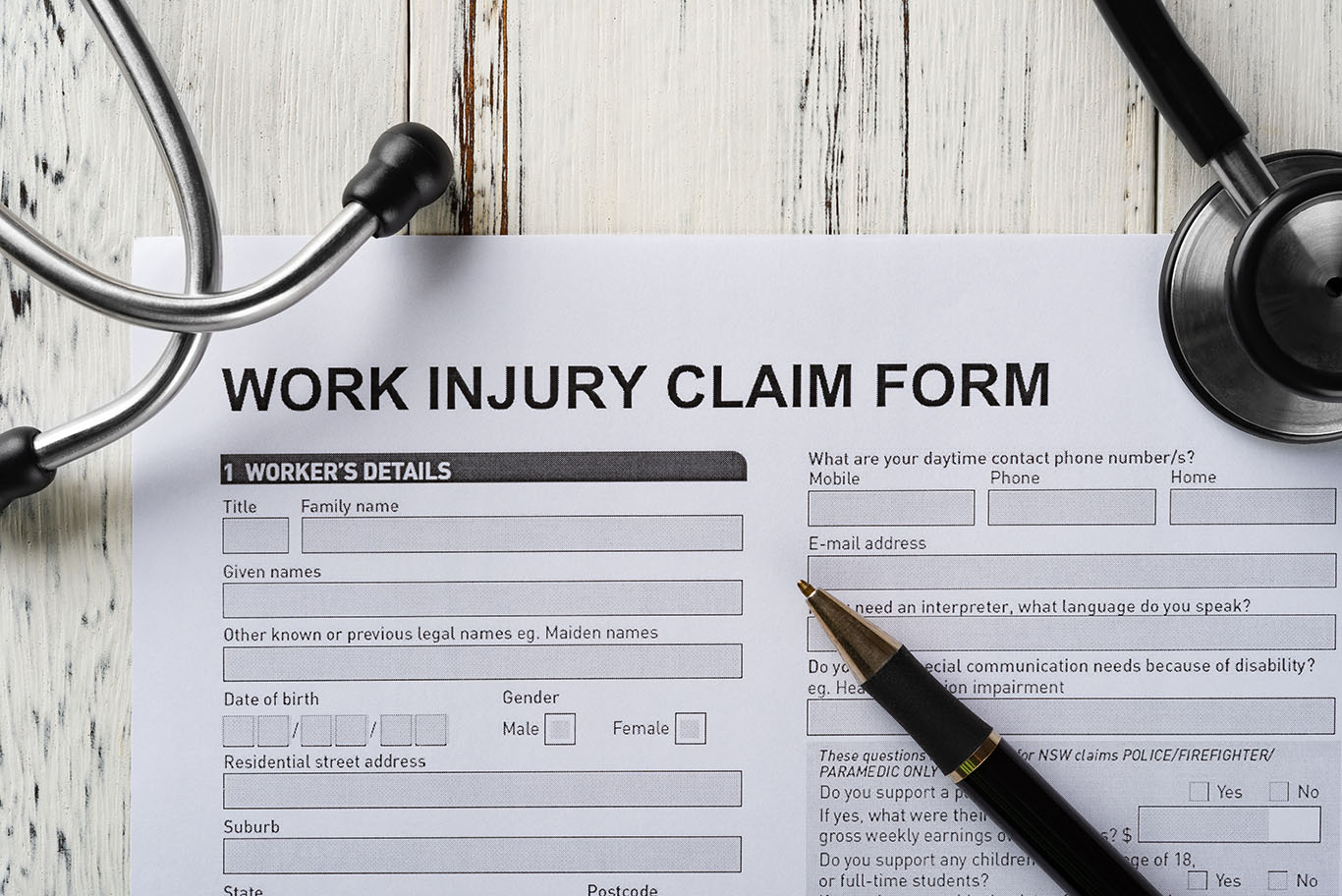- WE’RE HERE TO HELP 24/7
- 800.586.5555
FAQs About Filing for Workers’ Compensation

Verdicts & Settlements: Settlement in Excess of $250,000 for Client Involved in Parking Lot Crash
September 1, 2021
How to Tell if the Insurance Company Settlement Offer Is Too Low
September 11, 2021FAQs About Filing for Workers’ Compensation

Workers’ compensation is a form of business insurance that pays for medical treatment, lost wages and other potential costs stemming from a workplace injury. In addition to protecting employees from financial losses related to illnesses and injuries incurred at work, workers’ comp also protects business owners from lawsuits by ensuring they comply with state and federal regulations.
Unfortunately, many employees fear losing their jobs when they file for workers’ compensation. Despite being illegal, employers sometimes attempt to find justifications for laying off an injured employee.
Injured workers in Florida have the right to file workers’ comp claims for legitimate workplace injuries. So long as you follow the proper procedures your job and your workers’ comp claim should be protected.
Dealing with the workers’ comp process can be confusing and frustrating. If you have questions or concerns it may be worth your time to consult with a personal injury attorney that has experience in workers’ compensation claims.
Is my employer required to carry workers’ comp insurance?
In most cases if a Florida business has more than four employees (either part time or full time) they will be required to carry workers’ comp coverage. The rules are a little different for agricultural businesses, where the employer needs to have at least six employees or 12 seasonal workers who work for at least 30 days a year. Construction businesses, which are responsible for a significant percentage of all workplace injuries, are required to carry workers’ comp coverage.
Can I still get workers’ comp after being fired?
Yes – as long as you suffered an injury on the job before you were terminated. Employees are entitled to receive wages and other forms of reparation they are owed after they are fired, including workers’ comp.
However, compensation will come to an end after the physician clears you, and declares you fit for work. Regardless of the type of workers’ compensation you need, getting fired after a work-related illness or injury doesn’t exempt you from receiving it.
Can I get fired for filing for workers’ compensation?
Employer retaliation for workers’ comp claims is illegal at both state and federal levels. Florida is an “at-will” state, which means workers can quit or get fired for any reason. Some employers believe this gives them the right to fire injured workers and make up a convenient excuse, like past job performance or corporate restructuring.
Being proactive is the best defense in these types of cases. Try to gather evidence of positive performance reviews or speak with supervisors or coworkers who can dispute your employer’s characterization of your work.
Even in an at-will state like Florida there are a variety of termination causes that qualify as wrongful termination and would justify a lawsuit against your former employer. If your employer fires you in retaliation for some action you took (like filing a workers’ comp claim, reporting sexual harassment, needing to take emergency family medical leave, etc.), it might justify taking legal action against your employer.
Can I get fired while on workers’ comp?
The truth is that you can get fired even while receiving workers’ comp, especially if you cannot resume your previous duties in the organization because of the injuries or illnesses sustained. Employers can also fire you for taking time off under the Family Medical Leave Act (FMLA).
According to the Family and Medical Leave Act, employees have a maximum of three months of unpaid leave annually for family medical emergencies. However, it stipulates that the employer should still provide group health benefits as if the employee was still working. If you stay away longer than the time allotted, regardless of the reason, you risk getting fired.
What happens if I return to work, but I have restrictions?
Employees who return to work while receiving workers’ comp and are under a physician’s care might be cleared to perform certain job duties or work at a different position temporarily while they heal.
Employers are supposed to make reasonable efforts and adjustments to accommodate the employee’s injuries, like lessen working hours or minimize manual tasks until the employee fully recovers.
Injured workers generally don’t have the right to refuse to take on alternative job roles, even if those jobs pay less. Workers’ comp coverage should help offset the cost with lost wage or reduced wage compensation.
What do I do if I get fired while receiving worker’s comp?
If you suspect that you have been suspended, fired or demoted due to an injury, you should consider contacting a labor lawyer. Workers’ compensation attorneys frequently represent clients who face employment discrimination, so they may also be able to help you or partner with an employment attorney on your case.
Can I file workers’ comp after being fired?
You can still file an injury claim despite being terminated if the injury was sustained at work and qualifies for workers’ comp. The amount of time that’s passed between when you file a claim and when the injury occurred might complicate your case. Florida law gives you two years after an injury to file a workers’ comp claim, even if you’re no longer at the company where you were injured. However, the sooner you file a claim after an injury, the better your chances for receiving full and fair compensation.
